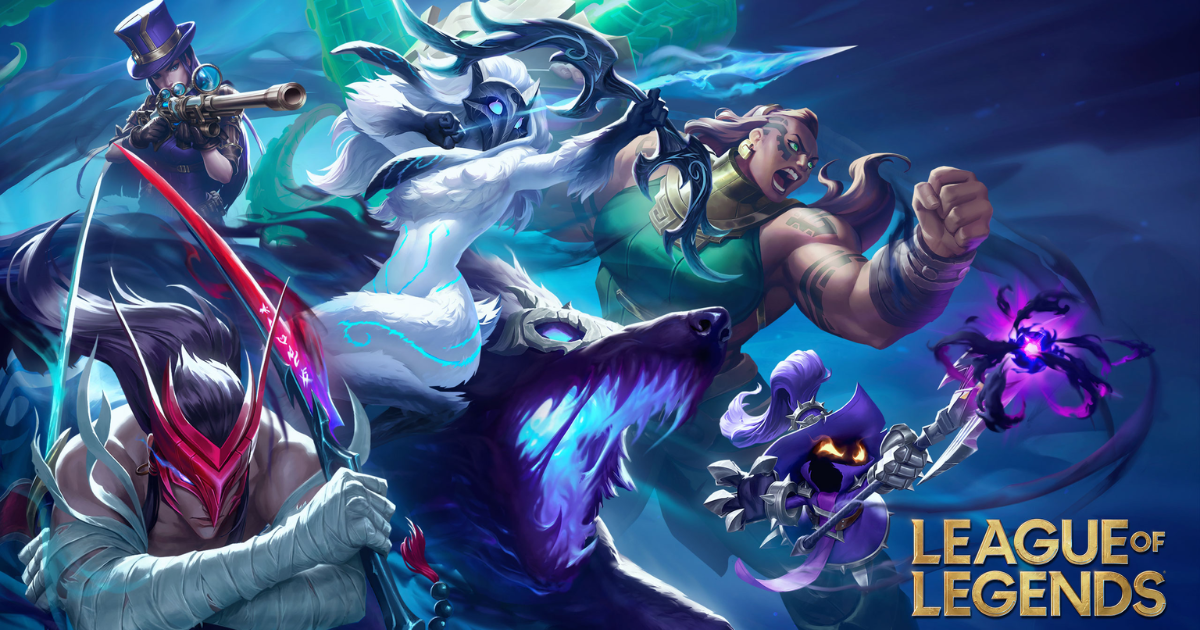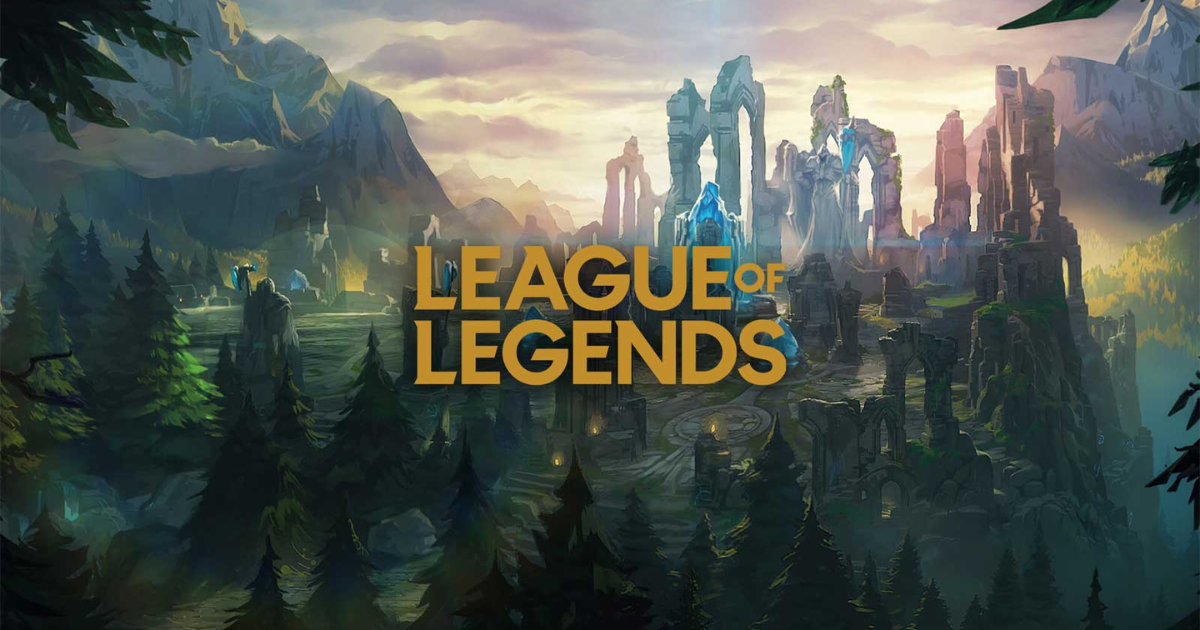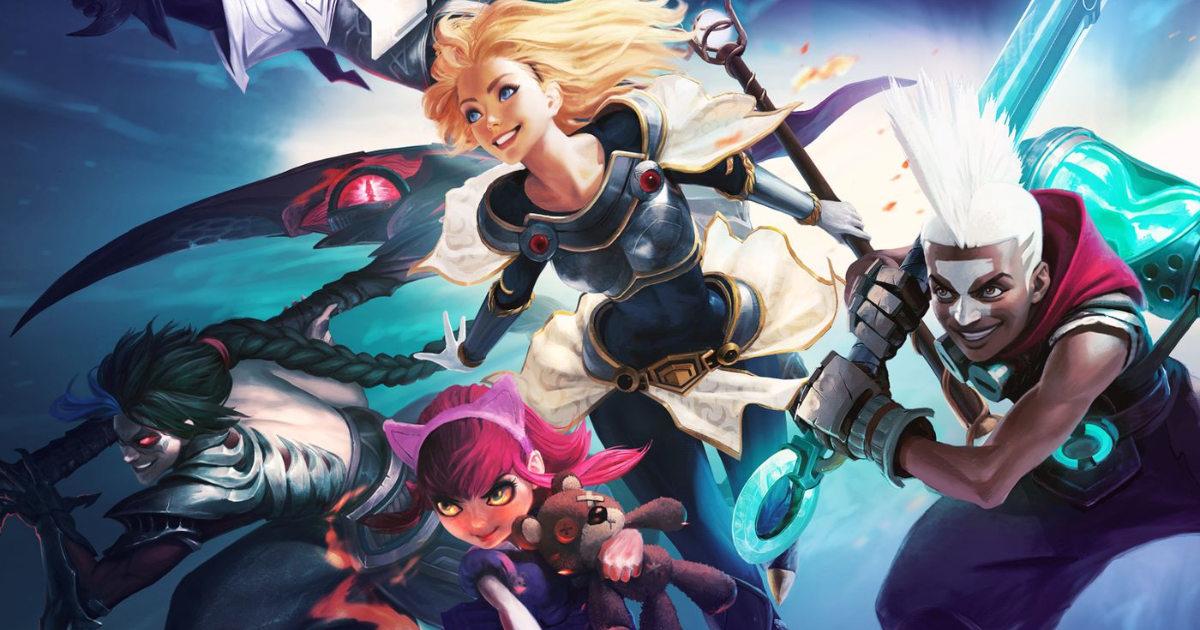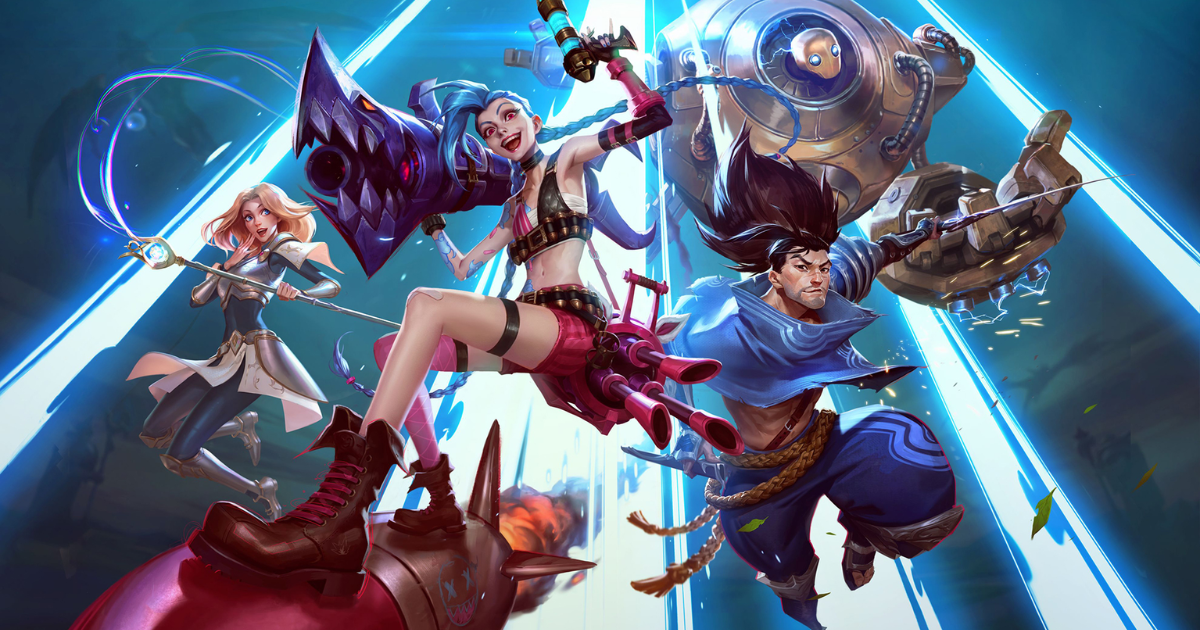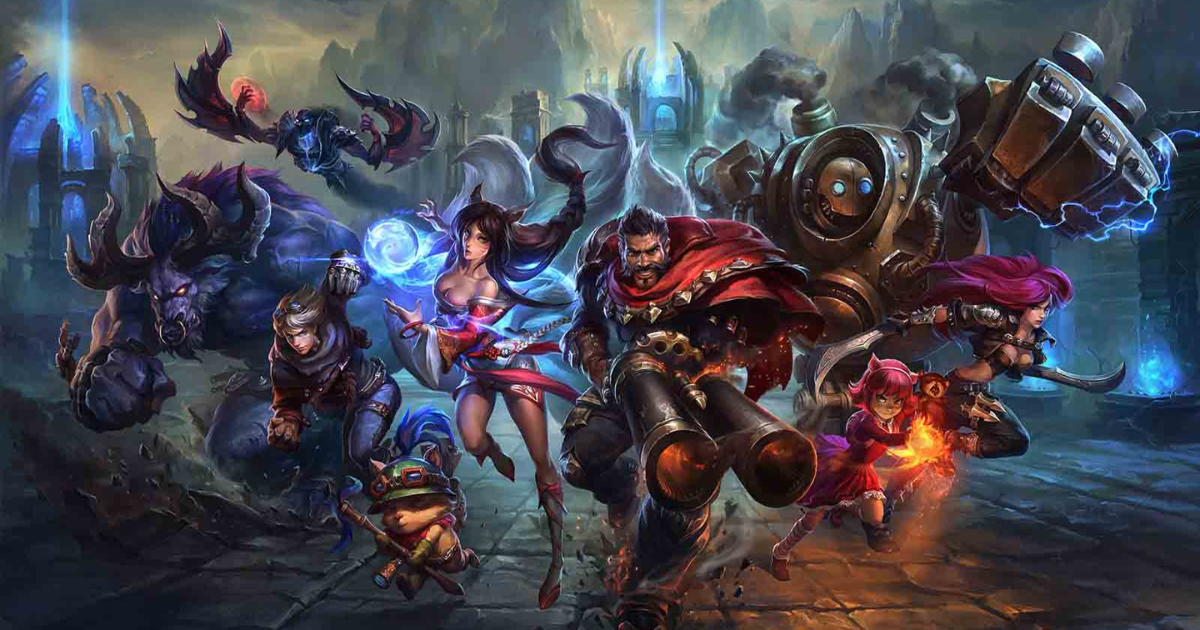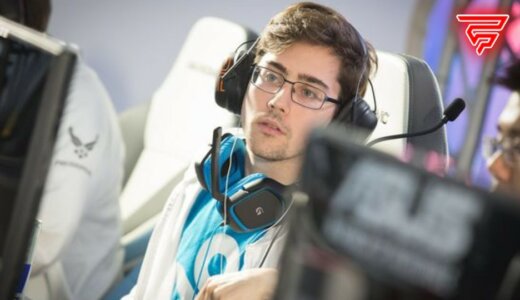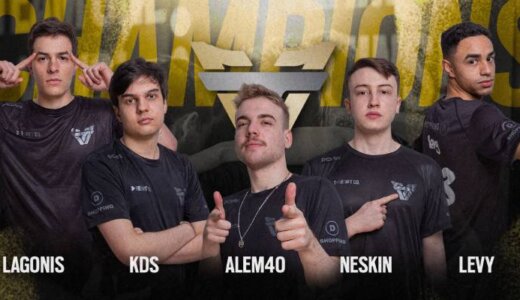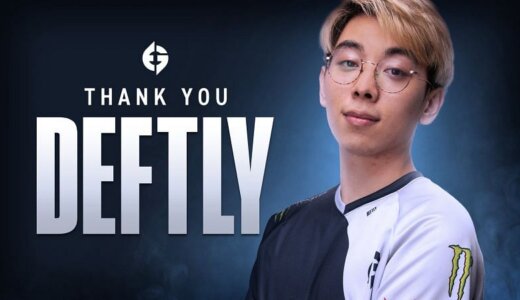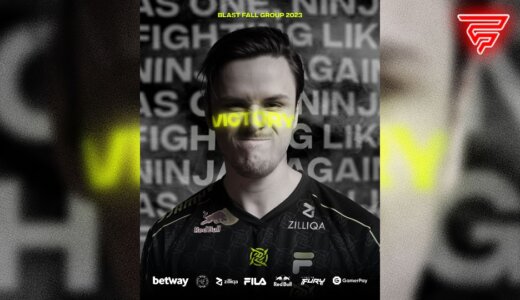Toxic behavior is not an unfamiliar subject in online gaming, and League of Legends is no different. Even though the game has experienced its fair share of toxicity through the years, a brand new and especially annoying behavior has emerged and the players call it “gatekeeping.” This is seen as players actively sabotaging their own games as they feel their teammates ‘chances of winning are not worth it. But why is this particular behaviour needed and how do we stop it? We will examine the psychology of this toxic phenomenon.
Gatekeepers: Redefining the Goal
Gatekeepers have a conflict of beliefs, said Michigan State University Professor Ravindra Ratan, an authority on toxicity in gaming culture. To begin with, they feel they deserve to win, though a loss presents itself as a dilemma. Either they own their mistakes, accept that losses are inevitable in team games, or they change their objective entirely.
Many gatekeepers opt for the latter option, redefining their goal from wanting to win to hoping they lose in order to punish their teammates. This shift allows them to establish a sense of control and autonomy, even if it means sabotaging their own game.
The Psychology of Reactance
Professor Ratan suggests that this behavior might be related to a psychological theory called “psychological reactance.” This particular theory asserts that individuals respond to perceived threats to their freedom of behavior or choice by carrying out the opposite of what’s being forced upon them to restore their independence.
In League of Legends, gatekeepers aim to lose because they want to regain control and autonomy after feeling like they have lost agency due to their teammates’ perceived shortcomings.
The Team-Based Nature of League
This is more common than in other games in League of Legends because the game is team-based. Nearly all players feel at the mercy of their teammates unless their level of skill is drastically superior to everybody else in the lobby. This unearned agency may contribute to the cognitive dissonance and psychological reactance that result in gatekeeping behavior.
If players accepted that losses are sometimes due to their own mistakes in a team-based game then there might not be as much acute loss of control and consequently might not feel as compelled to subvert games to assert one’s independence.
The Snowball Effect and Comeback Opportunities
Some players argue that they push for a forfeit to punish their teammates for a bad start because snowballing is so prevalent in League of Legends and comebacks seem rare.If players believe comebacks are not feasible, their control and agency evaporate when the game begins badly and may send them down the road of psychological reactance and gatekeeping.
Riot Games has long dealt with this problem, trying to balance faster, more action-packed Games while still offering plenty of comebacks. Even with the “durability patch” designed to curb power creep and enable more balanced play, many players still find comebacks far too difficult, perpetuating the gatekeeping mentality.
Moving Forward
So, where does the responsibility lie in addressing this toxic behavior? Is it on the players to accept the realities of team-based games and learn to manage their emotions more constructively? Or should Riot Games take further steps to increase player agency and create more opportunities for comebacks, potentially reducing the psychological triggers that lead to gatekeeping?
Perhaps a combination of both approaches is necessary. Riot Games could look at ways to encourage more balanced play and comebacks, and harsher penalties for gatekeeping. Also, a more supportive and understanding community might enable players to better control emotions and accept teamwork-based challenges.
Finally, the psychology of gatekeeping in League of Legends is nuanced and human. “understanding the causes and addressing them from different perspectives will help the gaming community towards a more enjoyable experience for all players.”
